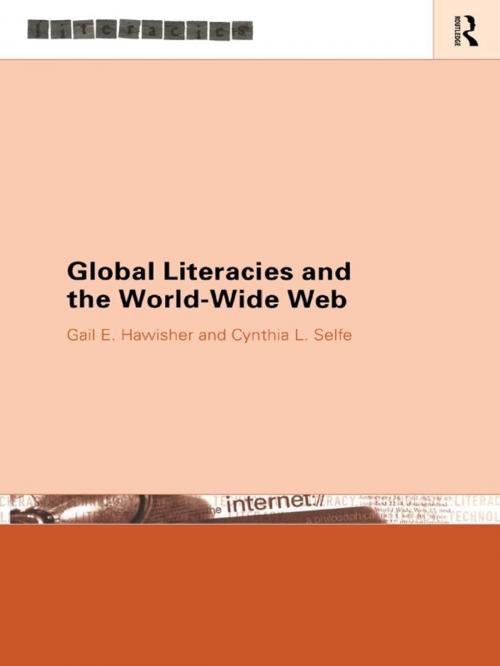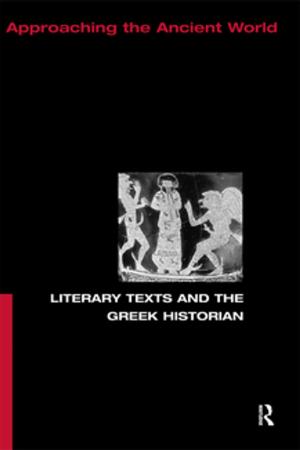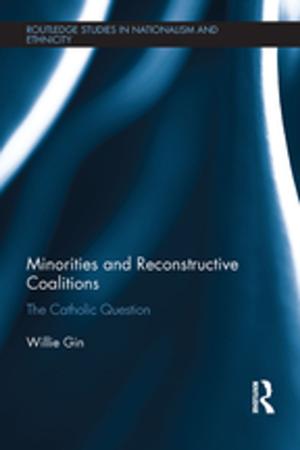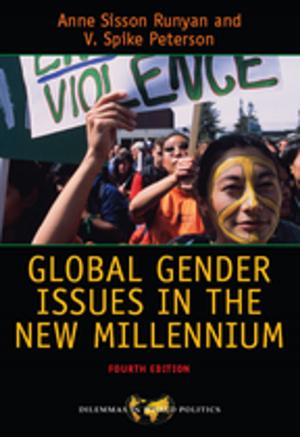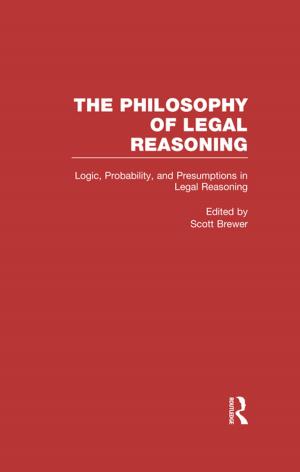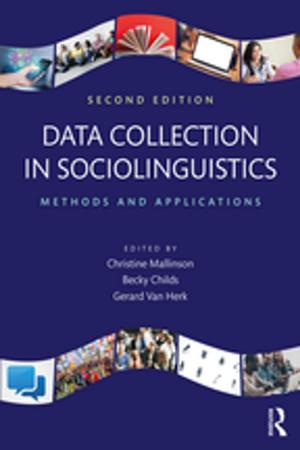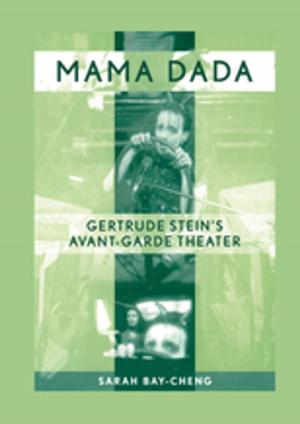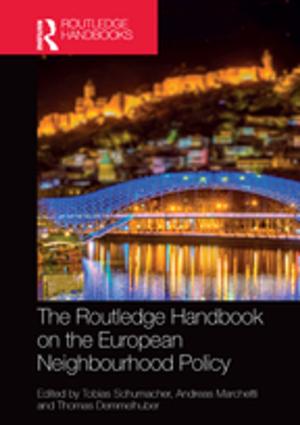Global Literacies and the World Wide Web
Nonfiction, Reference & Language, Language Arts, Linguistics, Fiction & Literature, Anthologies| Author: | ISBN: | 9781134657759 | |
| Publisher: | Taylor and Francis | Publication: | July 5, 2005 |
| Imprint: | Routledge | Language: | English |
| Author: | |
| ISBN: | 9781134657759 |
| Publisher: | Taylor and Francis |
| Publication: | July 5, 2005 |
| Imprint: | Routledge |
| Language: | English |
The World Wide Web is transforming the way that information is distributed, received and acted upon.
Global Literacies and the World Wide Web provides a critical examination of the new on line literacy practices and values, and how these are determined by national, cultural and educational contexts. Gail Hawisher and Cynthia L. Selfe have brought together scholars from around the world, including: Mexico, Hungary, Australia, Palau, Cuba, Scotland, Greece, Japan, Africa and the United States. Each represents and examines on line literacy practices in their specific culture.
Global Literacies and the World Wide Web resists a romanticised and inaccurate vision of global oneness. Instead, this book celebrates the dynamic capacity of these new self defined literacy communities to challenge the global village myth with robust, hybrid redefintions of identity that honour ethnic, cultural, economic, historical, and ideological differences. This is a lively and original challenge to conventional notions of the relationship between literacy and technology.
The World Wide Web is transforming the way that information is distributed, received and acted upon.
Global Literacies and the World Wide Web provides a critical examination of the new on line literacy practices and values, and how these are determined by national, cultural and educational contexts. Gail Hawisher and Cynthia L. Selfe have brought together scholars from around the world, including: Mexico, Hungary, Australia, Palau, Cuba, Scotland, Greece, Japan, Africa and the United States. Each represents and examines on line literacy practices in their specific culture.
Global Literacies and the World Wide Web resists a romanticised and inaccurate vision of global oneness. Instead, this book celebrates the dynamic capacity of these new self defined literacy communities to challenge the global village myth with robust, hybrid redefintions of identity that honour ethnic, cultural, economic, historical, and ideological differences. This is a lively and original challenge to conventional notions of the relationship between literacy and technology.
